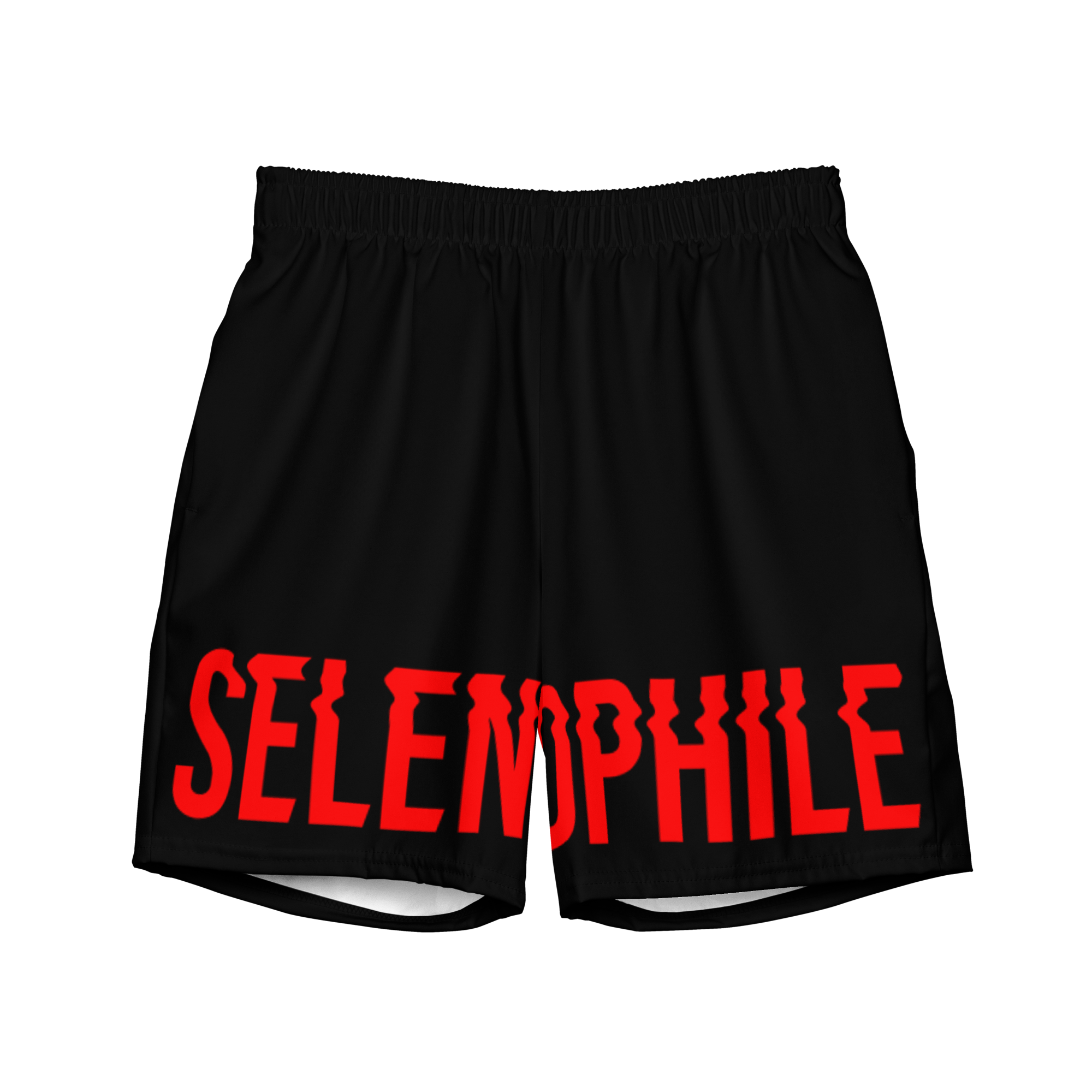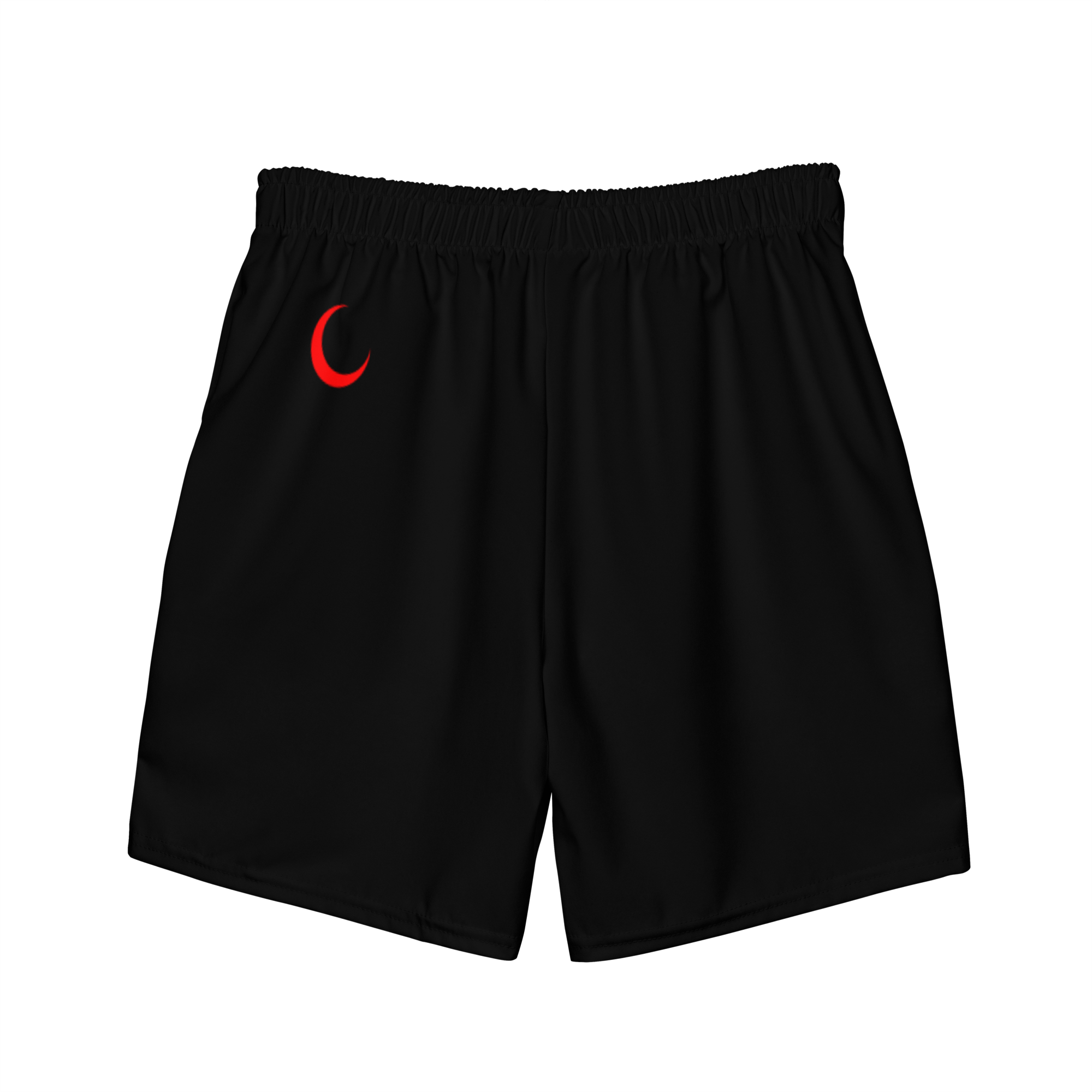

Swim Trunks - Selenophile - Recycled Microfiber
Tax included. Shipping calculated at checkout
Join the KULT and be the moonchild! “Selenophile (n.) - a person who loves the moon.” These swim trunks have everything you need for a hot summer day - they’re quick-drying and breathable, have multiple pockets for your belongings, and feature a silky, anti-chafe inner liner.
Our trunks are having certifications from Control Union and Global Recycled Standard, Swiss Institue OEKO-TEX.
This product is made especially for you as soon as you place an order, which is why it takes us a bit longer to deliver it to you. Making products on demand instead of in bulk helps reduce overproduction, so thank you for making thoughtful purchasing decisions!
QUALITY INFO
Our Swim Trunks are made out of 91% recycled polyester, 9% spandex.
B E N E F I T S
- Highly restrain to pilling and abrasion from wearing with extra soft surface
- Relaxed fit, UPF 50+
- Four-way stretch water-repellent microfiber fabric with mesh pockets
- Comfortable to wear during summer season
F E A T U R E S
- Fabric weight: 5.13 oz/yd² (174 g/m²), inner composition: 92% polyester, 8% spandex (liner weight: 4.42 oz/yd² (150 g/m²)
- Elastic waistband with drawcord
- Anti-chafe mesh inner liner, small inside pocket for valuables
Disclaimer: To make the garment last longer, wash the Swim Trunks thoroughly after each use, that way removing any salt/chlorine residue. We also suggest avoiding designs with large white areas, as they might turn transparent when wet.
Care instructions: We recommend washing the Swim Trunks with similar color clothing and not wringing the garment.
What is recycled polyester?
Recycled polyester (rPET for short) is a fabric that’s produced from synthetic fibers. Recycled polyester is produced by recycling existing materials (like plastic bottles and packaging) but still has all the characteristics and performance as a regular polyester, making it a more sustainable fabric alternative.
How’s recycled polyester made?
Recycled polyester is made by crushing plastic products into small pieces. These small pieces are then processed into yarn, transformed into a fiber, and in the end—made into a fabric.
What are the advantages of recycled polyester?
Producing rPet takes 33% to 53% less energy than creating polyester from scratch. Also, rPet produces approximately 54.6% fewer CO2 emissions to the air than virgin polyester.
Choose options



